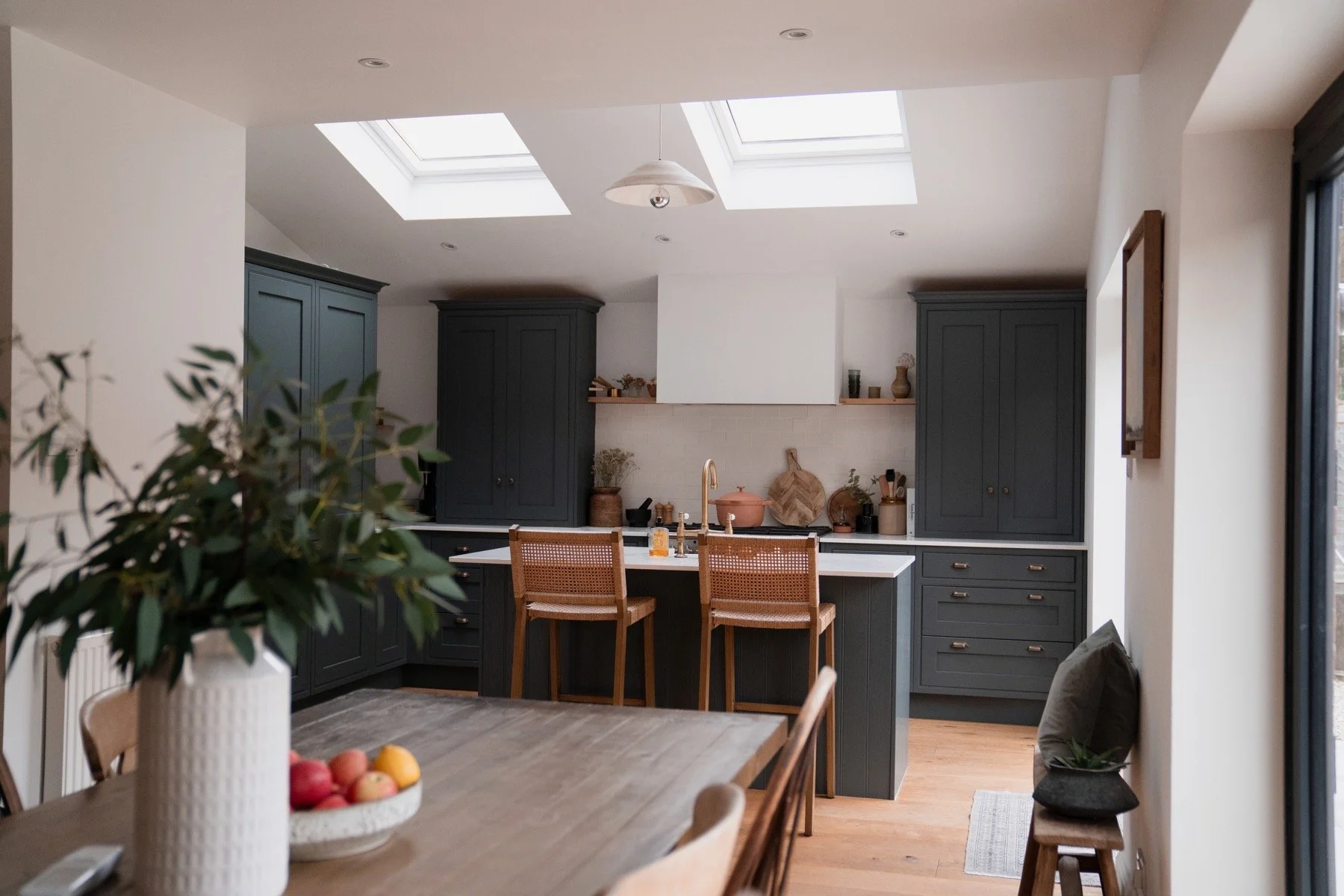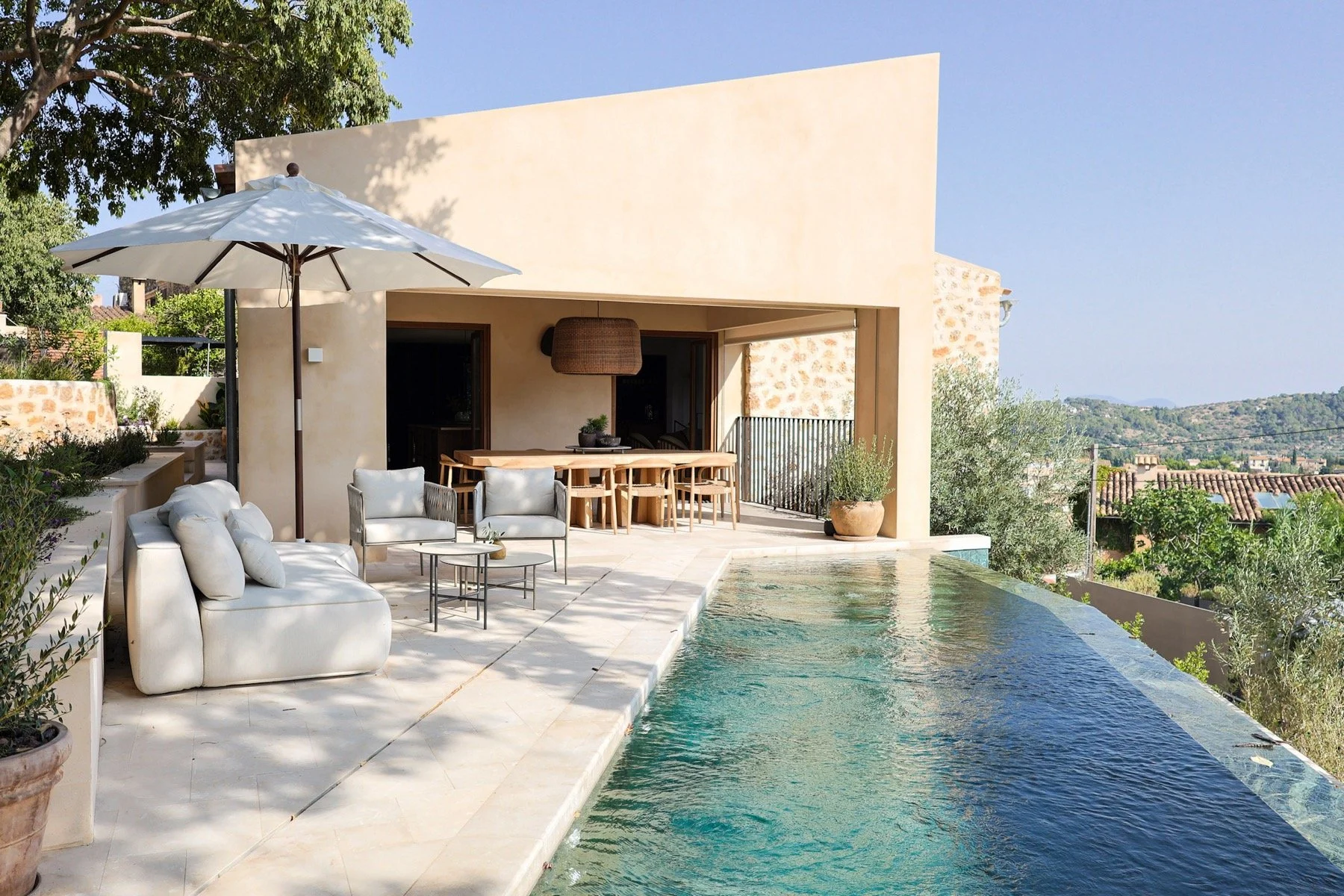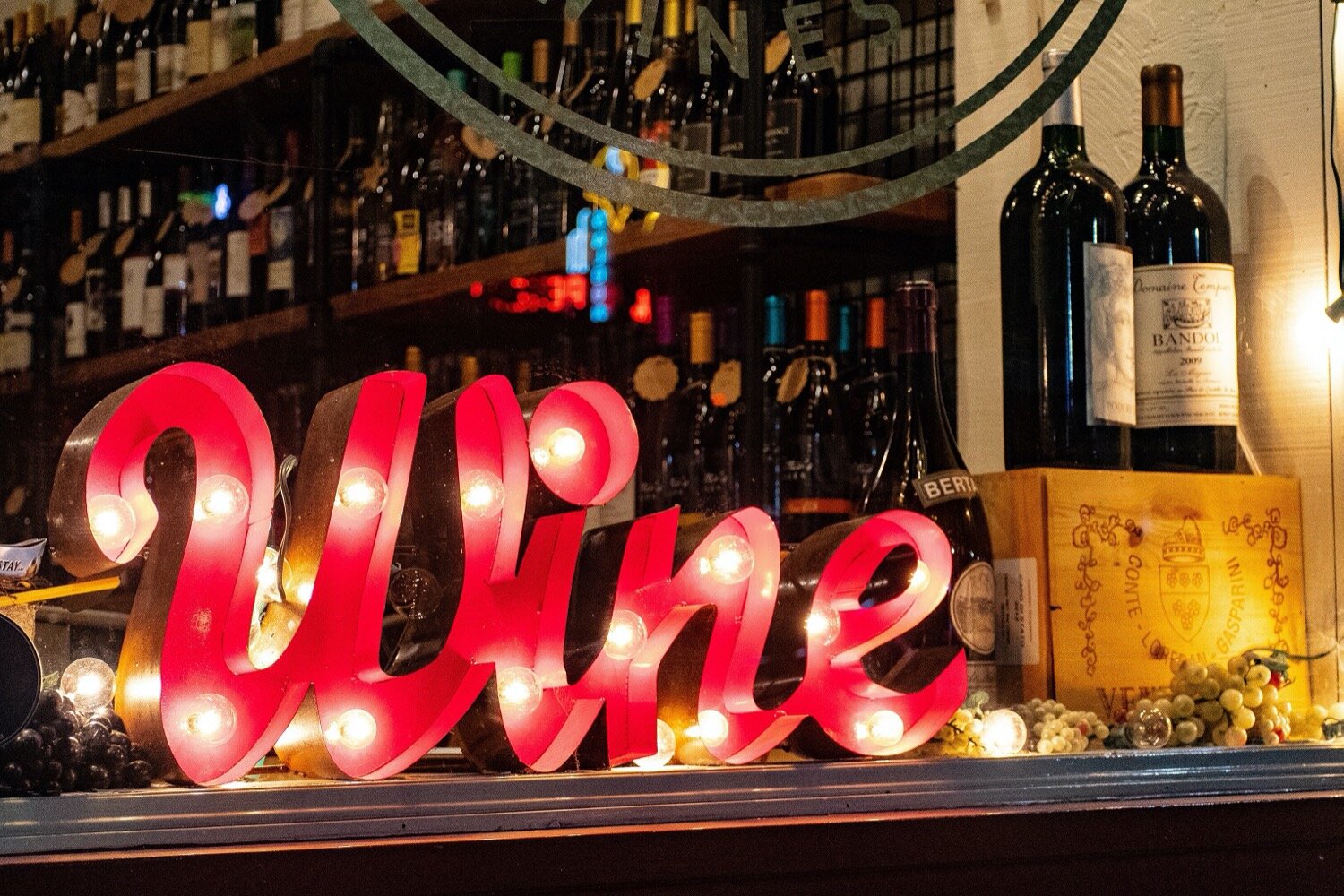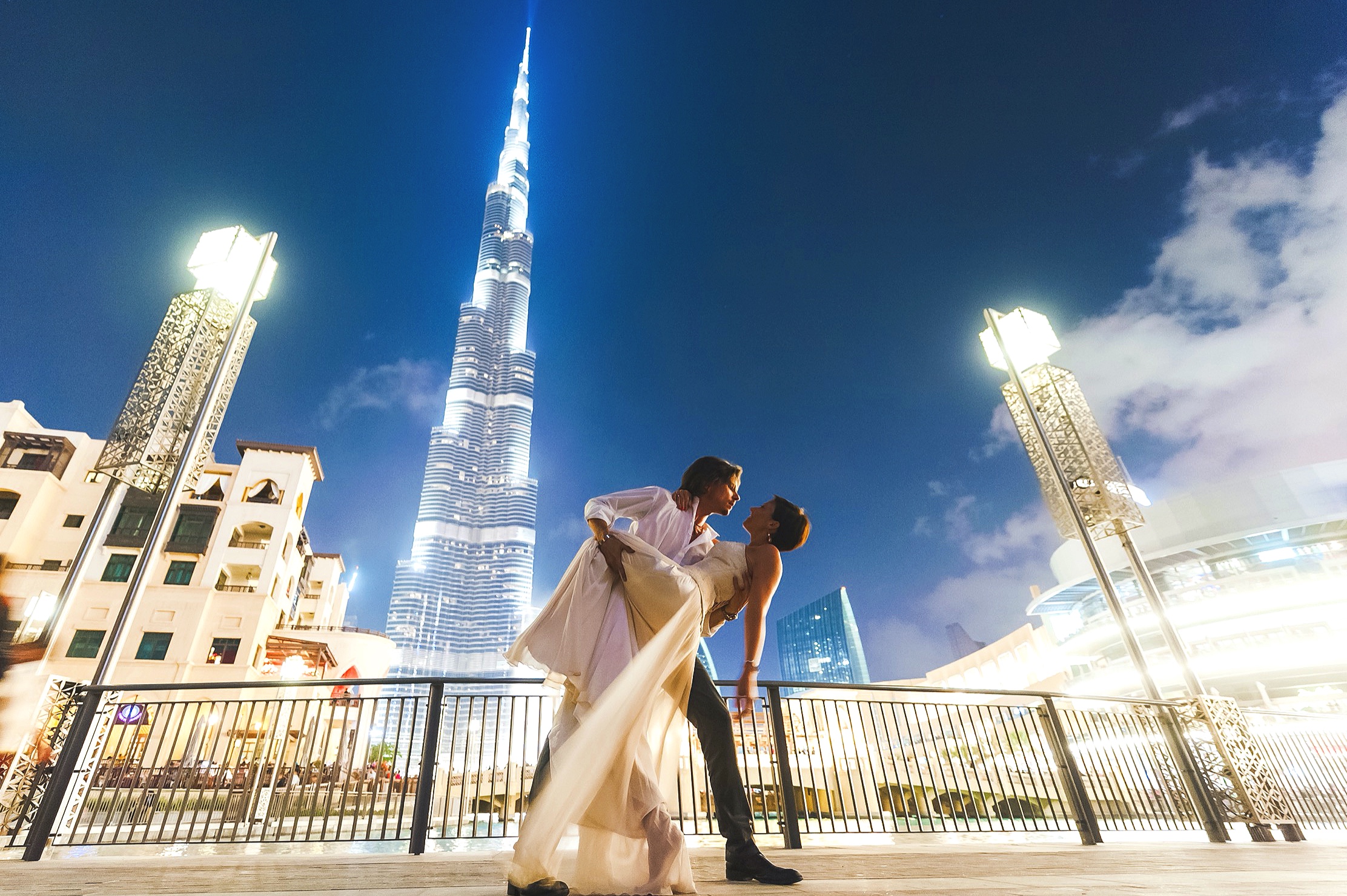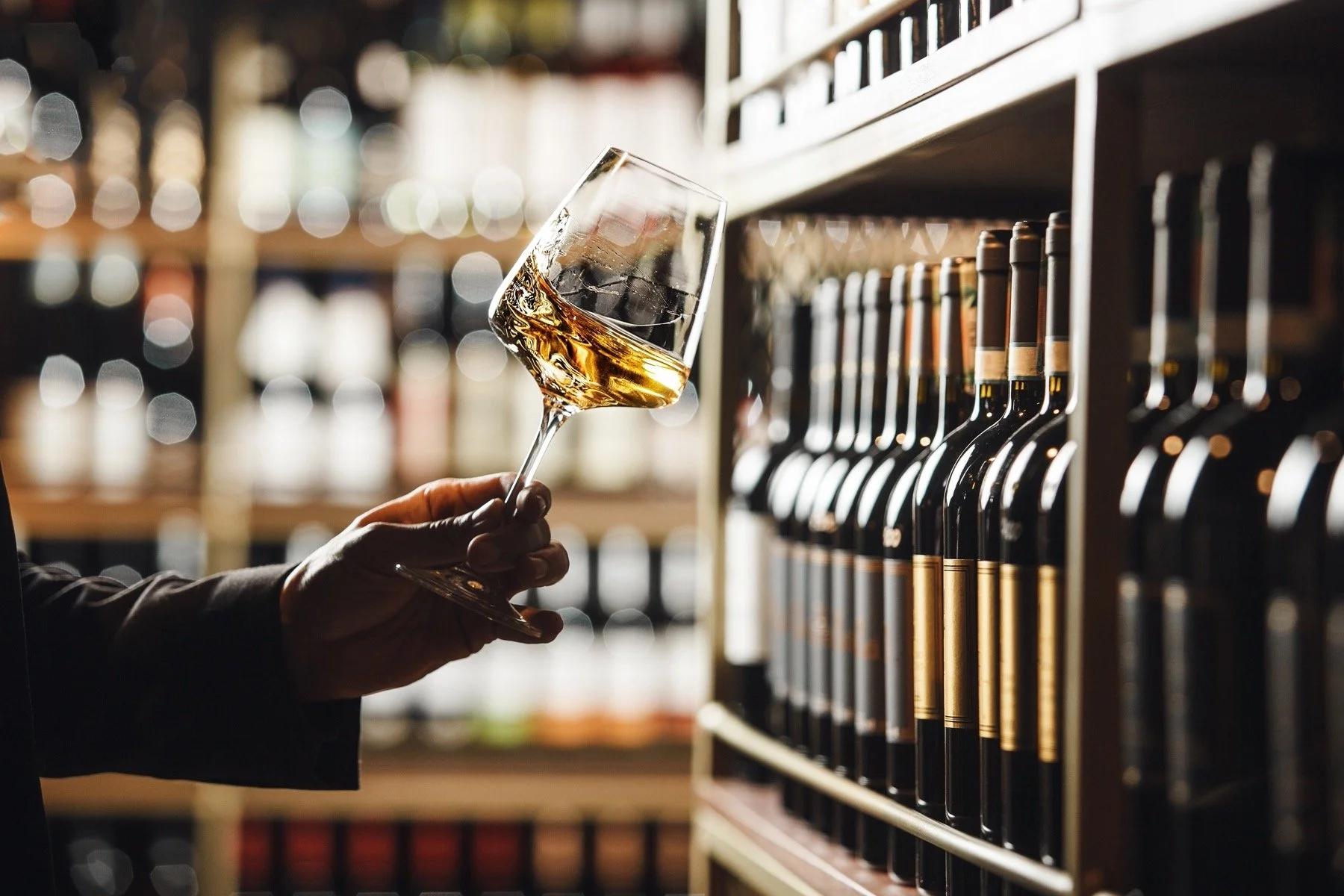To Age or Not to Age: Advice for your Wine Cellar
Whether you should leave a bottle of wine to age before consuming it, or drink it straight away, can feel like a bit of a mystery to most of us.
Though it's common knowledge that you should consume wine within a few days of opening the bottle, how long you can store it before removing the cork is another matter entirely.
If you're stocking up your wine cellar and you're unsure which wines you can leave to age and which you should drink in the near future, this article is here to help. From rich reds to light whites, here's the low-down on how to get wine storage right.
Factors that affect the flavour of a bottle-aged wine
Most wines aren't meant to age in the bottle, but some can be stored for decades, improving their quality rather than perishing. Which category any given wine falls into is dictated by its structure; how acidic is the wine, and how much tannin does it contain? Is it a sweet wine, or does it carry more savoury flavours? What's the alcohol content like? Are the flavours intense enough to survive over time? These are all things that must be taken into consideration.
Acid and tannin
Tannins are essential because they help to stabilise the flavour of the wine as well as its colour – just like acidity, wines with a moderate to a high level of tannin will be able to maintain a full flavour throughout extended ageing. That's not to say that wines without tannins can't be aged though, which is where acidity comes into it.
Wine loses its acidity over time, and that can change the whole flavour profile. Because of this, a wine with moderate to high acidity will generally fare better over time than one that wasn't particularly acidic to start with – look for wines from cool climates and high altitudes, which create more acidic grapes.
Low acidity wines, particularly those coupled with low tannins, aren't suitable for ageing, whether during the winemaking process or in the bottle at home.
Alcohol and sugar
In the same way that sugar preserves fruit in jams and conserves, changing the flavour but keeping it rich and palatable, it can age fruity wines in a way that brings out a more developed flavour profile. You might think that because white wines don't contain tannins, that makes them unsuitable for ageing in your wine cellar. But if you're a fan of sweet wines, then you're in luck. Sweet wines, which are naturally high in sugar, can be aged over many months in order to develop the intensity and complexity in flavour.
The alcohol content is also crucial because it's alcohol that provides a catalyst for wine to break down. Only in high concentrations does it act as a flavour stabiliser. The high levels of acidity, sugar and alcohol in a German Riesling, for example, work together to produce a wine that can be stored for up to 10-20 years depending on the quality of the vintage, if you wish. Generally speaking, low alcohol wines don't age well, unless they contain a lot of sugar.
Wines that improve with age
A vital part of the bottle ageing process is a wine's contact with the cork in the bottle, which allows oxidisation to happen. As a result, it's safe to say the only wines that should be considered for in-bottle ageing are those which are corked, rather than screw top. When it comes to specific varieties though, it's not a case of yes to one group and no to another.
Reds
Dry red wines are particularly popular bottles to age, with the body and balance of an excellent Cabernet Sauvignon or Tempranillo typically lending itself to 5-10 years of beneficial ageing, and even up to 20 years and more with premium grapes and exceptional vintages. These wines naturally come with the perfect structure for long-term storage, which is partly why you can also buy them barrel-aged for many years in the winemaking process, as well as keeping them to age yourself at home in the bottle.
Pinot Noir, Sangiovese, Syrah and Malbec can also be excellent after multiple years of ageing but do ensure you're opting for a quality bottle. This is a general rule of thumb for ageing wines – the quality needs to be there from the beginning.
Whites
If you prefer white wines over reds, then look for oaked Chardonnays from Burgundy, and sweeter German Rieslings, which can develop well for long periods. A high-quality Chardonnay can last up to eight years in your cellar before the flavour starts to deteriorate rather than improve, while particularly sweet Rieslings can last decades.
If you find that dessert wines are too sweet for your tastes, you may prefer to let something like a Sauternes age for several years before drinking. The change in acidity moves the flavour profile from sugary to a more 'toasty', complicated experience.
Sparkling
Champagne is often named in conversations around the ageing of fine wines, and not without good reason. High acidity and carbon dioxide act as preservatives in the bottle, and provided you keep your bottle away from major fluctuations in light and temperature; Champagne will age nicely, with flavours becoming nuttier and honey-like as time goes on. Fruit flavours also change over time, typically going from fresh green apple notes to a more baked fruit style.
It's worth remembering that if you're shopping for low budget-friendly versions of any of these wines, the necessary balance between acidity and alcohol may not be right for long-term storage.
Wines you should enjoy on arrival
The majority of wines should be enjoyed soon after purchase, or at least within only a few years of their purchase date. That's down to all of the factors mentioned above, along with the potential for your wine to be exposed to changing light and temperature if your wine cellar is really a wine rack, in a room which experiences central heating or cool breezes throughout the year.
High-quality, 'collectable' wines are typically the one's worth ageing, so an average-priced supermarket bottle is unlikely to suit an extended spell in the cellar. Mass-produced Sauvignon Blancs and Chenin Blancs will spoil after around two years, while alternatives to Champagne – such as Prosecco and Cava – are absolutely at their best when 'young' and are intended to be enjoyed that way.
The younger the wine, the fruitier the flavour, while the older they get, the more savoury they become. If you prefer your wines at the juicier end of the spectrum, ageing might not be desirable anyway.
Other things to consider
Once you've opened any bottle of wine, you have around three to five days to consume a red, and only a couple of days to drink a white. If you've aged your wine, there's a much smaller window in which to enjoy it after the bottle is open – the older it gets, the more volatile the wine, and the better it may be to ensure the bottle is polished off among friends without delay.
Tabby Farrar is a writer and wine-lover from Norwich, and you can read more of her work over at sustainable lifestyle blog Just Can't Settle.
Hungry for more?
Read up on the latest news, delicious eats, travel treats and seasonal style trends in FEATURES, or browse a curated selection of our FEATURED PRODUCTS, meander through our guide to the finest things to do in Cheshire and beyond in WHATS ON or partake in our COMPETITIONS.
About The CHESHIRE Magazine
We are the definitive guide to luxury lifestyle in the North West. Latest news, delicious eats, travel treats and seasonal style trends. The Cheshire Magazine is the largest luxury lifestyle title for the North West of England, dropping directly through the letterboxes of VIP subscribers from the Wirral to Greater Manchester plus all the villages and towns in between and digitally available as a subscription in print and digital on issuu.com worldwide. We specialise in connecting luxury brands to likeminded consumers.
If you are interested on how you can partner with The CHESHIRE Magazine, read more about us. Or get in touch to find out more about marketing, featuring or partnering with the Cheshire Magazine in print or online.
